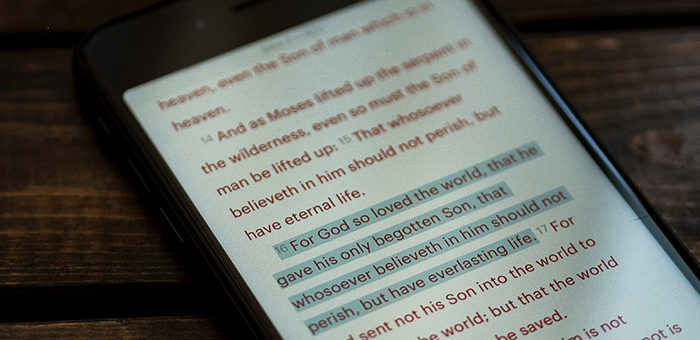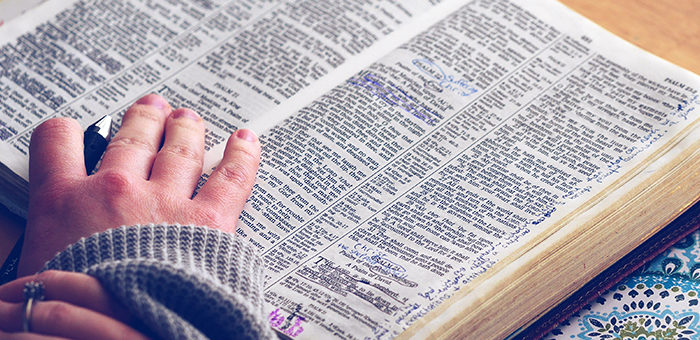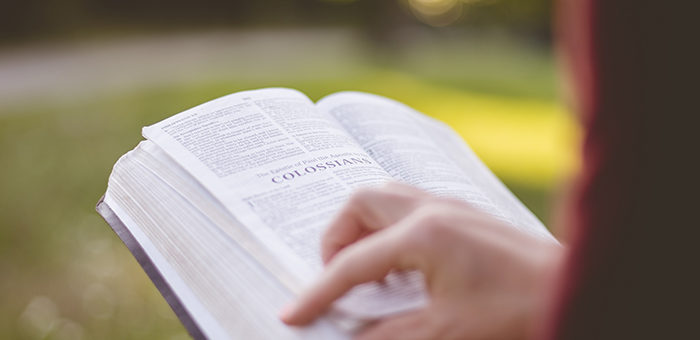Today’s Bible translation ministry isn’t the same as it was a generation ago. New technology and an increased emphasis on partnerships has accelerated the pace. Yet there are still about 4,000 languages that don’t have a Bible translation — half of which have not been started.
Samuel Chiang joins Today’s Conversation with Leith Anderson to discuss the current state of Bible translation and what its future looks like. In this podcast, you’ll hear:
- How Bible translation is preserving endangered languages;
- What the most critical needs are for today’s translation ministry;
- What role orality plays in Bible translation work; and
- Whether there will be a day when all languages will have a Bible translation.
Read a Portion of the Transcript
Leith: As a student, when I was spending many hours in classrooms learning Greek and Hebrew and studying the Bible, one of the frustrating things was that there are Hebrew words and Greek words where there really isn’t a good English word that says the same thing. You must face that all the time — that there are languages that don’t have, at least for English, our equivalent words for sin, God, salvation and all kinds of other things. Or, the word in our language actually has a completely different idea and meaning in another person’s language. How do you deal with that?
Samuel: Well, that’s both the art and science, but even more than that, the prayer. That’s one of the large challenges that’s faced by the national Bible translators, as well as the Bible translation consultants who are either indigenous to the culture or might be a Western individual. I can think of one language, for example, that’s in Southeast Asia where it took them time to have a sense of the word, “sanctification.” That literally took not five days, not five hours, not five months, but it took them five years to come to a full sense to say that this is the right word for this language and with the understanding that this represents the idea of “sanctification.” So, it sometimes really does take time to discover what the word is that God has provided in that culture that matches the original intent from the Old Testament Hebrew or New Testament Greek.
Share the Love
If you enjoyed the program, please rate it on iTunes and write a brief review. That will help get the word out and raise the visibility of the show.
Relevant Links/Resources
Samuel Chiang is president and CEO of Seed Company. Before coming to Seed Company, Chiang served as executive director of the International Orality Network, was COO of Trans World Radio and served as East Asia area director with Partners International. He has served on Seed Company’s Board of Directors since 2011. Born in Taiwan, Chiang grew up and worked in Canada (Ernst & Young). He graduated from the University of Toronto and was ordained at People’s Church, Toronto. He is also a graduate of Dallas Theological Seminary, where he served on staff.
Leith Anderson is president emeritus of the National Association of Evangelicals and pastor emeritus of Wooddale Church in Eden Prairie, Minnesota. He served as NAE president from 2007–2019, after twice serving as interim president. He served as senior pastor of Wooddale Church for 35 years before retiring in 2011. He has been published in many periodicals and has written over 20 books. Anderson has a Doctor of Ministry degree from Fuller Theological Seminary, and is a graduate of Moody Bible Institute, Bradley University and Denver Seminary.




 View All Podcasts
View All Podcasts 









